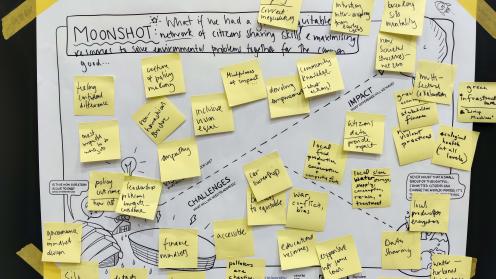Universal, equitable coverage of, and open access to, (big) data and information
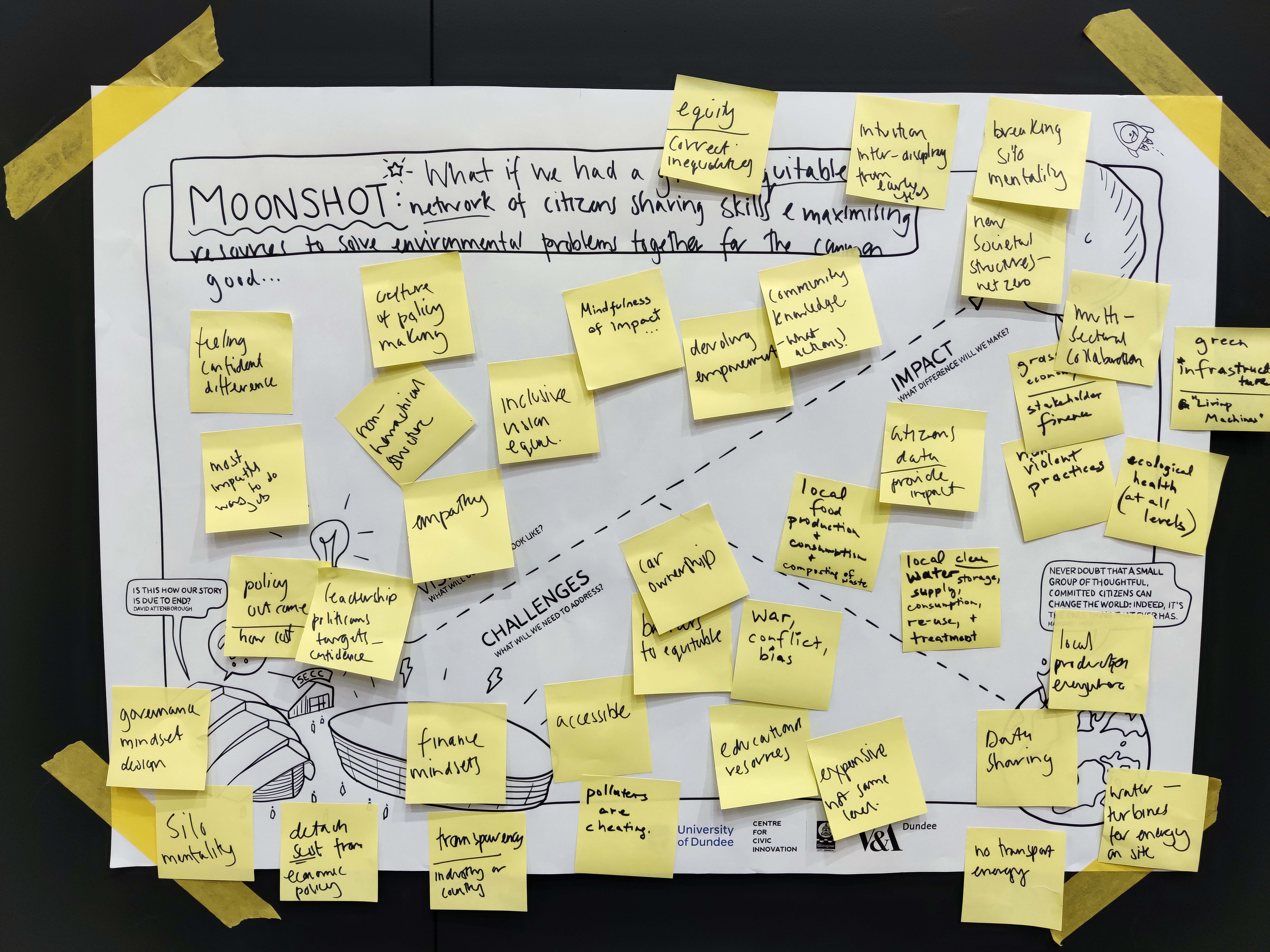
At COP26, Resilience Frontiers is pushing the boundaries of foresight-thinking through eight novel pathways that challenge the lens through which humans look at people and planet. On 5 November 2021, Resilience Frontiers introduced its third pathway tackling universal, equitable coverage of, and open access to, data and information. Technologies like big data, artificial intelligence (AI) and supercomputing have created innovations that can ensure the wellbeing of humanity and the natural world. This pathway encourages societies to harness this potential and scale technologies in the collective interest of all.
Tia Kansara, CEO, Replenish Earth, opened the first session, and described data as being a curious form of customizable wisdom which is often too profound to grasp. She said that the overwhelming complexity tends to lead to a state of commodified acceptance, where people consent to the use of personal data with varying degrees of awareness. Participants were asked to discuss ways in which they consent to their information being stored and used, with many confirming that, for the sake of convenience, they tend to give away their online sovereignty without truly understanding the terms. They discussed the easy trade-off between being able to access convenient digital tools and safeguarding personal information, a trade-off which does not appear to impact their daily lives. Participants also acknowledged that data risks appear to be less meaningful than the inconvenience of giving up access to digital tools. Admitting that a large part of their behaviour is predictable, they further acknowledged that the digital footprint they leave online could easily be manipulated by pattern-detecting algorithms. When envisaging a resilient future for big data, participants said that the first step is for people to desire to regain their virtual sovereignty by understanding the terms of consent. However, they noted that the individual’s initiative needs to be coupled by international regulations which safeguard people and ensure transparency and clarity.
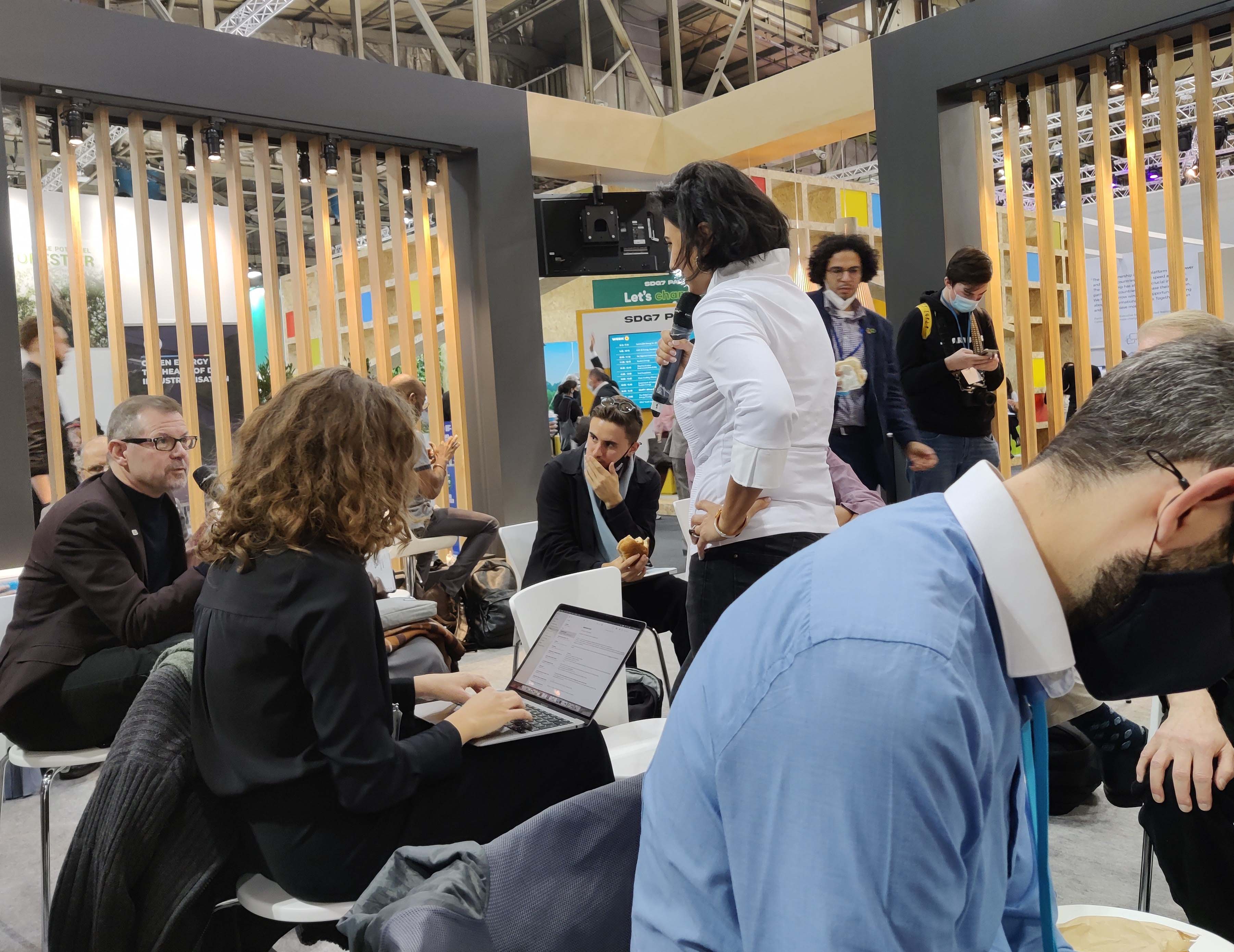
Steven Ramage, CEO, Group on Earth Observations, chaired the session on inclusivity within data. The panel comprised Mel Woods, University of Dundee, Neil Burgess, Chief Scientist at United Nations Environment Programme World Conservation Monitoring Centre (UNEP-WCMC), and Diana Nauriaq Mastracci, Consultant, Group on Earth Observations. Ramage opened the question-and-answer session by asking the panel how they would equitably manage data power. Panelists shared ideas about equal representation, where the voices of all communities were heard at the regional, national, and international levels. Woods emphasized the need to empower people at the grassroots level, explaining that communities need the space to manage and create their own goals. Participants raised issues related to safety and security, with many speaking about the lack of traceability in global supply chains and how this endangers vulnerable people throughout the chain. In response to a question on what can be implemented to incorporate resilience within information systems and the greater environment, some participants suggested an increase in risk assessments, greater citizen ownership of data, and ways of codesigning tailor-made software for users.
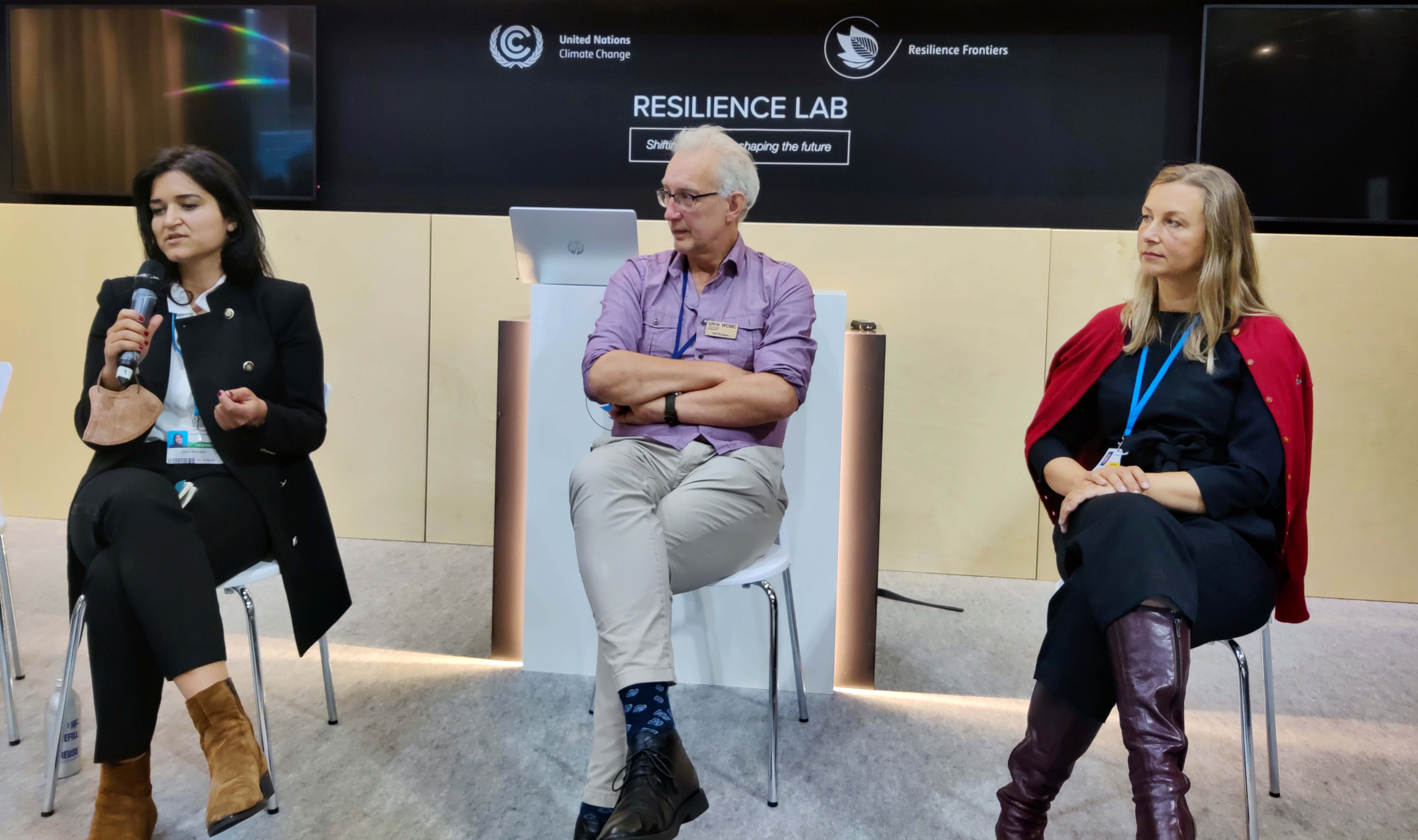
Michal Nachmany, CEO of Climate Policy Radar, chaired the session on inclusive data sharing, comparing water to data, and highlighting the need to allow data to flow from community arenas all the way to decision makers. Liv Torc, Poet at Hot Poets, introduced the concept of the event by reciting her poem about sea-level rise. On the panel were Nathalie Seddon, University of Oxford, and Bryony Worthington, Co-Director of Quadrature Climate Foundation. The pair addressed the need to create collaborative spaces where people can share information and collectively prosper. To achieve this, they said that data needs to be shared more freely and utilized to educate both the consumer and the decision maker. Seddon addressed the gaps that exist between scientific data and implemented policy developments. Science alone cannot be a solution, she said, pointing towards the role of creating new disciplines which blend various knowledge sources. The participants then spoke about their vision for an inclusive, interconnected system. They discussed initiatives to keep local knowledge alive and inclusive, as well as to consulting communities to ensure that their representation online matches what they expect in real life. Participants promoted building technical capacity within local communities to enhance equitable data flows through empowering the people on the ground “who truly know their communities.”
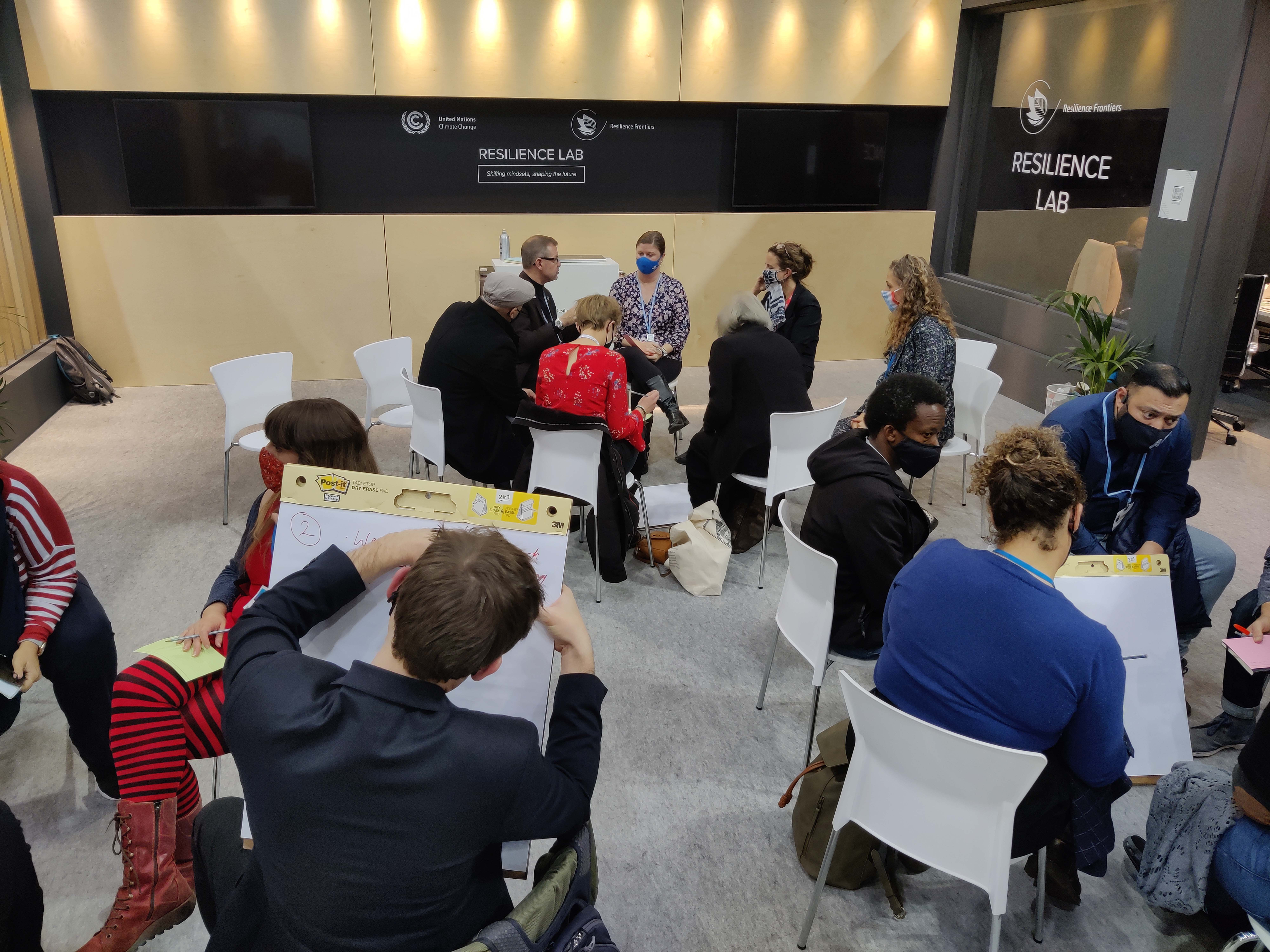
Mel Woods, University of Dundee, presented the final session. Focusing on the use of citizen science, she said that it has the potential to create a global, equitable network to share resources and address environmental issues for the common good. She shared her message that stakeholder inclusion, technical data hurdles, and limitations in policy systems can be redefined through exploring how we turn data into something people care about. Woods emphasized the need for a system that finds a balance between top-down and bottom-up approaches, and the need for co-creation between institutions and stakeholders. Stephen McGowan, Creative Design Lead, Glasgow City Council, outlined a vision of unity where neighborhood-level participation could be achieved through founding local data hubs which safeguard community wellbeing. He considered the difficulties communities have experienced in the past as an opportunity to rethink the future and create a functioning democratic system where residents have a say in the decisions which will affect them. Jen Ballie, Research Director at V&A Dundee, introduced the “moonshot method” of creating an ambitious vision. He led an exercise to help people envision their own personal “moonshot” and how they can get there. Participants spoke about a world where empathy and mindfulness are core values, citizen data initiatives empower local communities, and technology is incorporated into other disciplines.
Throughout the different sessions, panelists and participant stressed three key themes: inclusivity, transparency, and knowledge. Many underlined that a resilient world is a diverse one and acknowledged that the interconnected nature of technology is an opportunity to harness diversity from every corner of the world. However, they conceded, to do so, the current system requires a transformation, a metamorphosis into one which protects the ecosystem and does not exploit it.
On Saturday 6 November, the Resilience Lab will discuss the fourth Resilience Frontiers pathways towards a regenerative future: managing water and other natural resources equitably and inclusively. The programme of events is as follows:
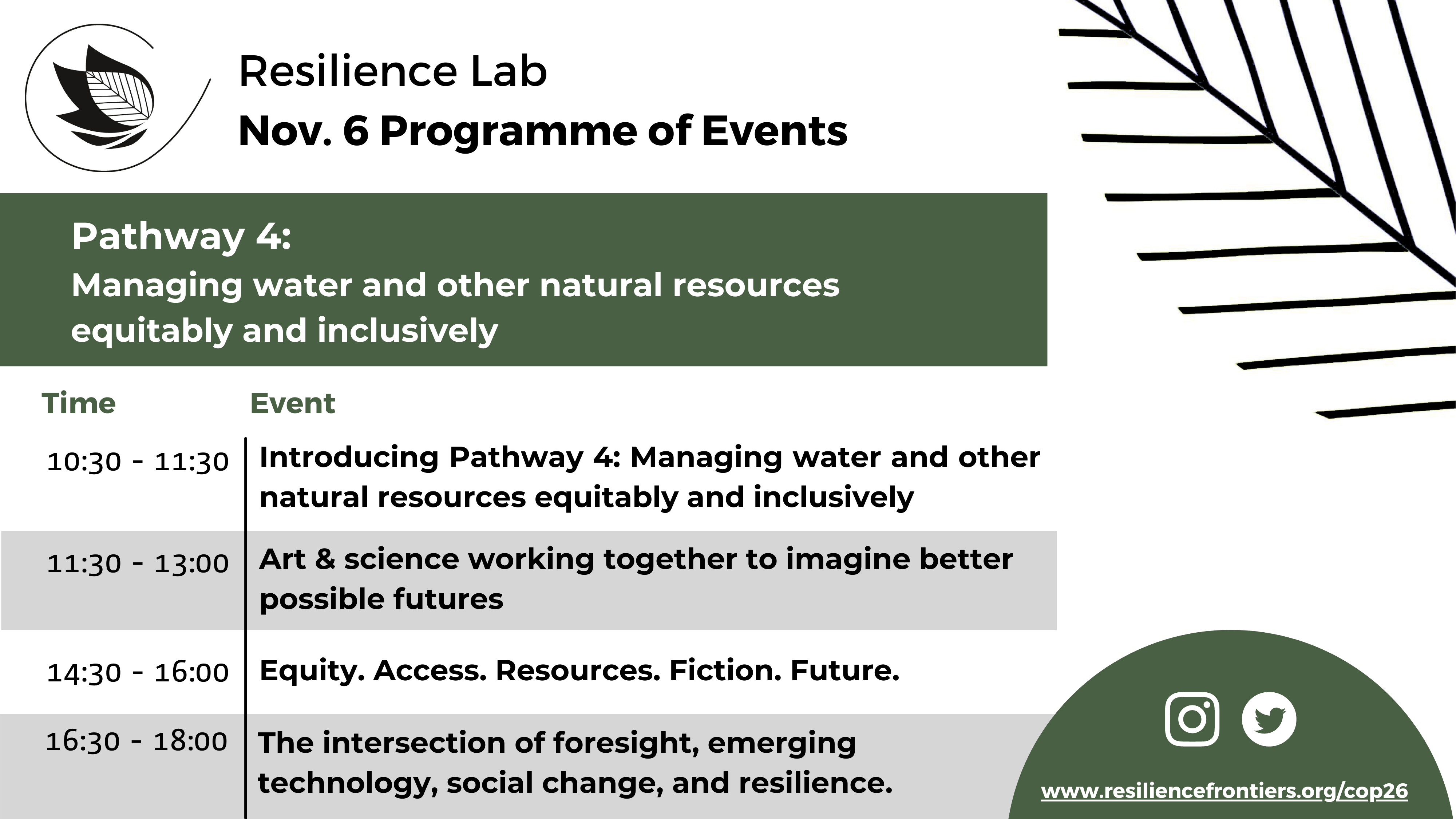
For more information about the Resilience Frontiers at COP 26, the programme of events and any updates, visit their website, and follow them on Twitter and Instagram.
To receive free coverage of global environmental events delivered to your inbox, subscribe to the ENB Update newsletter.
